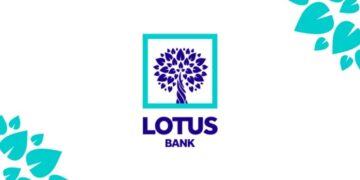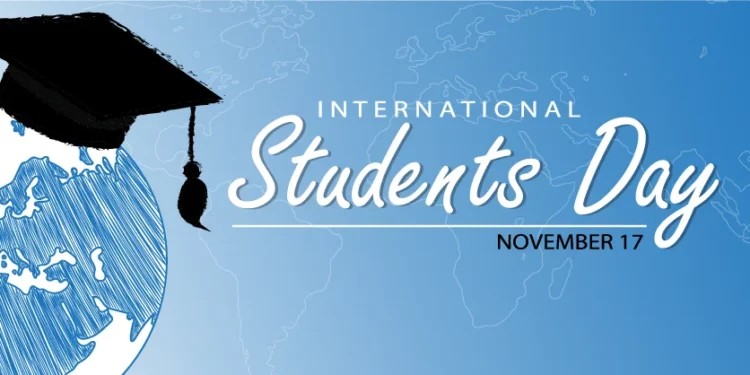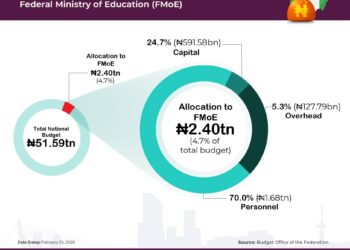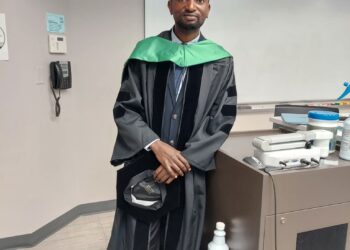Today, November 17, marks International Student’s Day, a global occasion dedicated to recognizing and celebrating students’ contributions, struggles, and potential to shape the world. This year’s theme, “Empowering Students to be Agents of Change,” is particularly resonant in the African context, where education serves as both a bridge to opportunity and a battleground of challenges.
Africa is home to over 420 million youth aged 15–35, a demographic often referred to as the continent’s greatest asset. Yet, beneath this vibrancy lies a story of resilience, triumph, and an unwavering quest for a brighter future.
The African Student’s Struggle
From overcrowded lecture halls to insufficient educational infrastructure, African students often navigate systems plagued by systemic underfunding. Issues like strikes, outdated curricula, and a lack of access to technology exacerbate their challenges.
For instance, Nigeria’s tertiary institutions are no strangers to strikes by academic staff unions, leaving students stuck in limbo. Similarly, rural areas in Kenya and Uganda grapple with shortages of teachers and basic facilities, forcing students to learn under trees or in makeshift classrooms.
Poverty remains a formidable barrier. Many African students, especially in regions like the Sahel and sub-Saharan Africa, juggle education with labor to support their families. Yet, these challenges have only amplified their resolve to succeed.
Success Stories: From Struggles to Triumphs
Despite these obstacles, Africa boasts a wealth of success stories that inspire hope. Students across the continent are harnessing innovation to address community challenges.
Nzambi Matee from Kenya transformed plastic waste into sustainable bricks, a venture she started as a university student.
Rwanda’s Akilah Institute has empowered young women to lead in sectors like IT and hospitality, with many alumnae becoming changemakers in their communities.
African student activists have also shown resilience, spearheading protests for education reforms and youth inclusion in governance, proving that they are not just the future but the present agents of change.
What the Future Holds for African Students
The potential of Africa’s students lies not just in their ability to overcome challenges but also in their ability to lead innovation. With increasing investments in EdTech, platforms like ULesson and Eneza Education are bridging gaps in access and quality. Similarly, government initiatives such as Ghana’s Free Senior High School program provide glimpses of progress.
However, to truly empower students as agents of change, stakeholders across the board—governments, private sectors, and educational institutions—must:
1. Invest in Quality Education: Prioritize funding for infrastructure, teacher training, and modern curricula.
2. Foster Digital Inclusion: Ensure all students, regardless of their socioeconomic status, can access technology.
3. Support Mental Health: Create safe spaces where students can address the psychological impacts of academic and societal pressures.
4. Encourage Global Collaboration: Provide students opportunities to engage in global dialogues and share innovative solutions.
On this International Student’s Day, let us celebrate the brilliance, resilience, and innovation of Africa’s students. Let us also commit to a future where every child, regardless of their background, has the tools and support to thrive academically and beyond.
Africa’s young minds are its greatest hope. As we reflect on today’s theme, “Empowering Students to be Agents of Change,” let us remember that the change we seek lies within the dreams and determination of the African student. With the right support, they will not just reshape Africa but the world.
This is their time, and the future is theirs to build.
Happy International Student’s Day from all of us at EduTimes Africa.



















































































 EduTimes Africa, a product of Education Times Africa, is a magazine publication that aims to lend its support to close the yawning gap in Africa's educational development.
EduTimes Africa, a product of Education Times Africa, is a magazine publication that aims to lend its support to close the yawning gap in Africa's educational development.